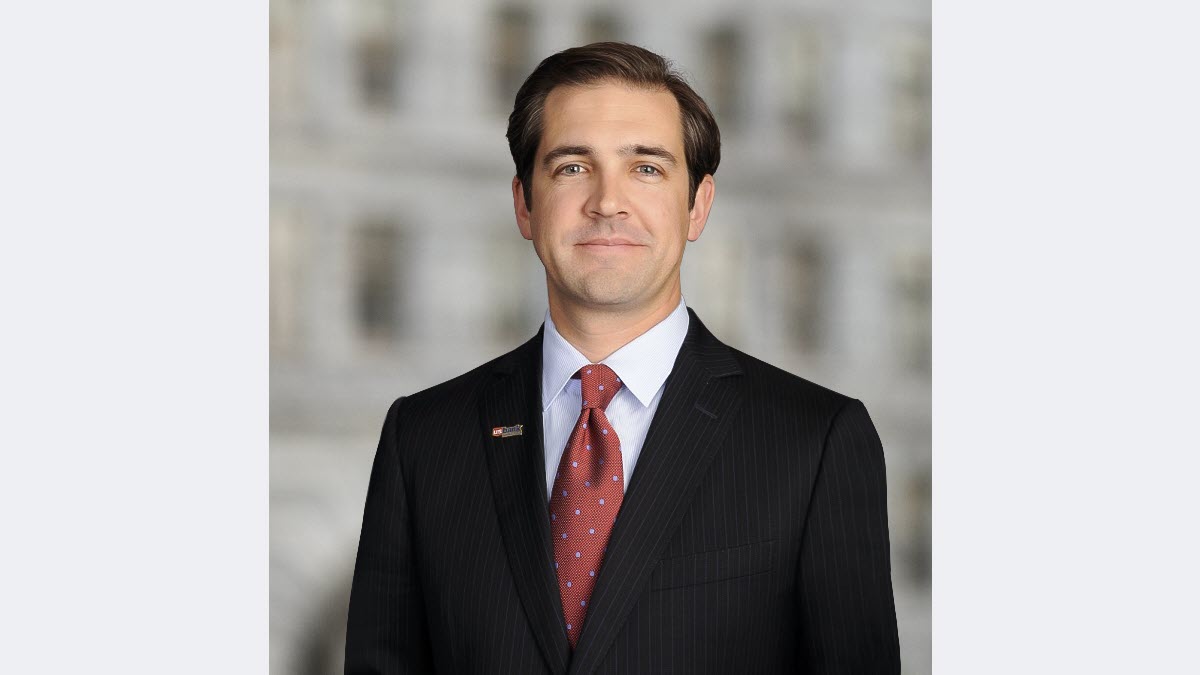Stories
How can you put your money to work in a way that reflects your values?

Six questions with Chad Burlingame, head of Impact Investing at U.S. Bank, about investors’ increasing interest in finding opportunities that reflect their values while still generating good financial returns.
Impact investing is one of the hottest areas in investing today. It’s popular among investors of all ages, but it’s particularly close to the hearts of Gen Z and millennials, who want to see their money both grow and deliver non-financial benefits to society and the environment.
As head of Impact Investing at U.S. Bank, Chad Burlingame leads a team that evaluates investment opportunities for clients that reflect their personal values.
What is impact investing?
Impact investing is an investment philosophy to generate positive, measurable social or environmental impact alongside a financial return. Essentially, it’s putting your money to work in a way that reflects your belief system.
Whether you want to support companies or funds that promote educational opportunities or address pollution, you can find investment opportunities aligned with your values. You can invest in a wide variety of vehicles – exchange-traded funds (ETFs), mutual funds, private equity interests, and even direct loans to people who might not otherwise have access to financial services.
Most impact investment options fall into three areas that constitute “ESG:”
- Environmental – broad areas of impact related to climate change, energy efficiency, pollution, water scarcity and biodiversity.
- Social – factors that impact the work environment and community, such as human rights, gender and racial diversity, educational opportunities, labor standards and employee engagement.
- Governance – factors that impact company performance, such as the diverse makeup of corporate boards, levels of executive compensation, auditing practices, lobbying activities and political contributions.
What is your role?
My team is the eyes and ears for all investments that prioritize ESG considerations. Impact or ESG investing is a rapidly evolving space, and we’ve seen a marked uptick in demand from our clients for these kinds of investment opportunities. We identify options for U.S. Bank wealth and institutional clients who are interested in incorporating impact investing across some or all of their portfolios. We look for investment funds that incorporate ESG factors into the investment process while seeking to not only drive a financial return but generate a non-financial benefit. We also help clients screen out investments that do not match their ethical guidelines – companies that make tobacco or firearms, for example.
How do you work with clients?
We are part of the research team for the Asset Management Group, which provides investment management to U.S. Bank institutional and wealth clients. We don’t have our own clients or manage an impact fund; we support our advisors and portfolio managers with impact options and insights for their clients. This means we deliver an investment framework for understanding the ecosystem, identify high-quality investments, and share our perspectives about how far impact has come and where it continues to mature. We don’t deliver a list of investment ideas, but rather a menu of customizable options. Our team works with clients to understand their financial objectives and their risk tolerance for impact investments. We can help clients maintain their portfolio allocation mix and begin to incorporate impact investments.
What types of investments are clients most interested in?
Climate change is the most popular area. It’s more than just solar, though. Clients are interested in ways to reduce packaging, like refillable containers for soap. They also want to support community development and women in leadership. We also screen out investments for clients based on their values – for example, a religious organization may want to eliminate some categories that do not align with their specific doctrines.
What’s one misconception about impact investing?
A lot of people think that in order to invest in things that align with their values – for example, climate change, diversity and inclusion – they can’t also see a financial benefit. We believe there are investments focused on ESG that can help you sleep better at night and generate very good financial returns. For example, the infrastructure buildout for renewable energy is still in the early stages. This buildout has environmental benefits and may offer compelling returns for long-term investors.
A recent study found that more than 90% of investors are looking to incorporate their personal values into their investment decisions. Have you found that to be true?
We see a lot of client interest, but the level of engagement can vary even among family members. Grandparents can be in a different place in their financial journey relative to their grandkids. We’ve seen families where one member is only looking for financial returns, while another family member wants to prioritize investments that benefit society. We help bridge the different viewpoints. As impact investing rapidly evolves, we strive to be their most trusted choice for navigating this exciting area of investing.
Media center
Press contact information, latest news and more
Learn more
Company facts, history, leadership and more
Work for U.S. Bank
Explore job opportunities based on your skills and location
